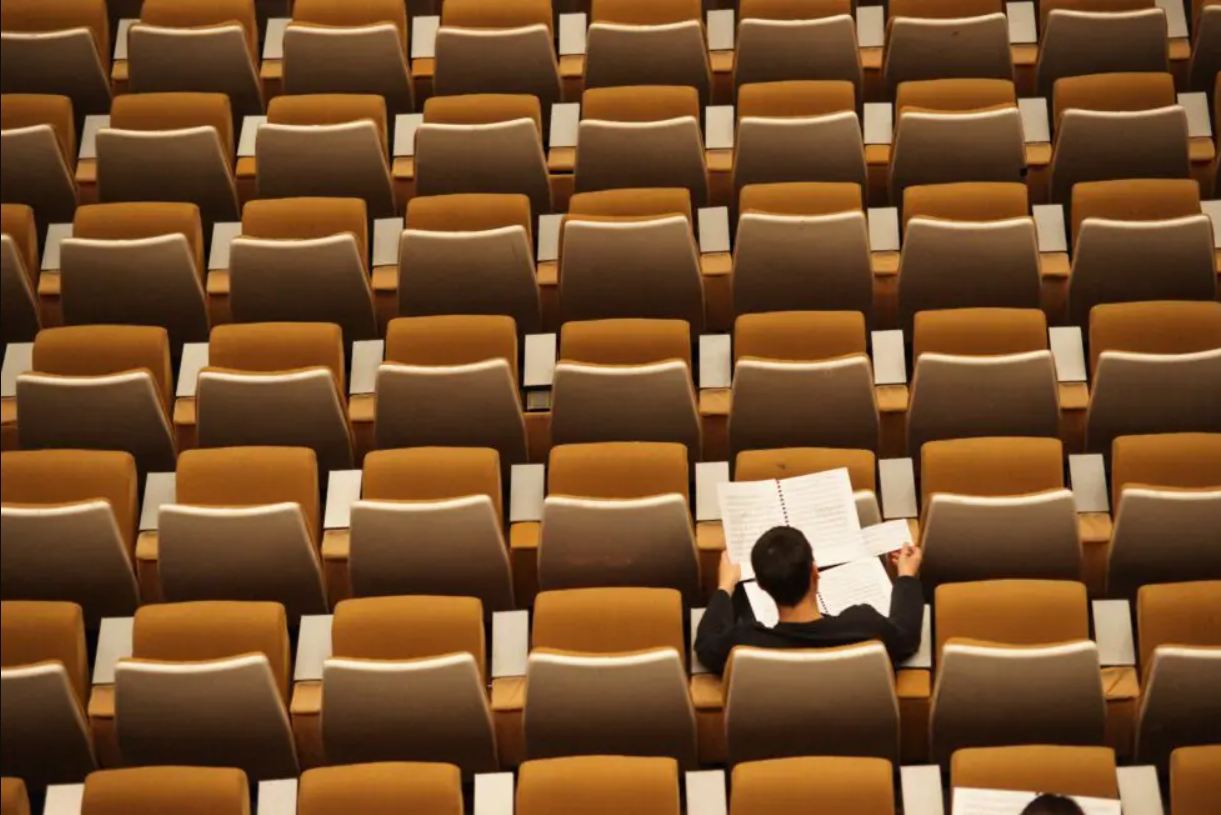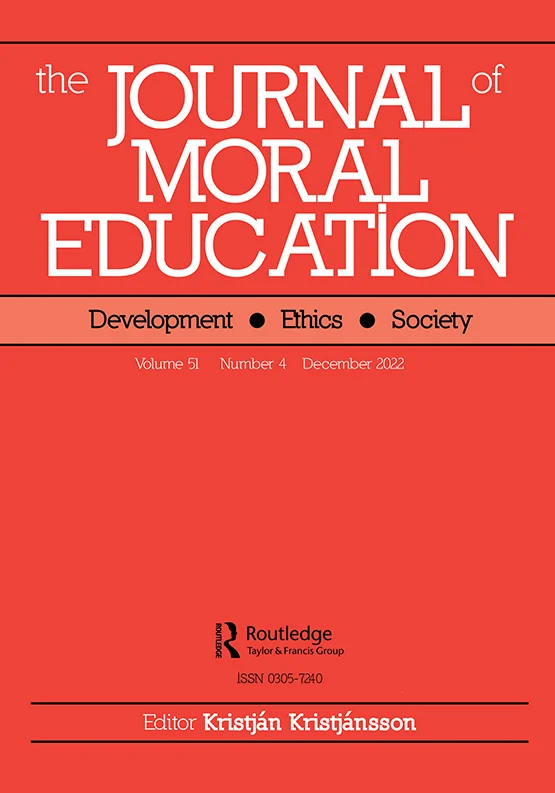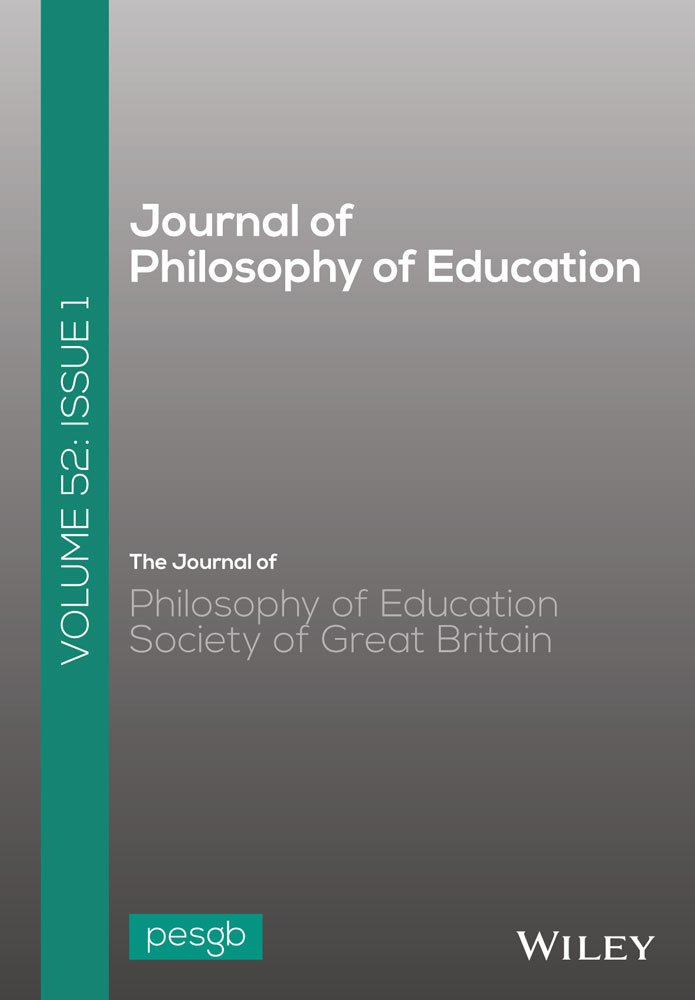Selected Articles.
Our One-Dimensional Schools
The Point Magazine, 2023
In his classic study of American society and culture, One-Dimensional Man (1964), Herbert Marcuse argued that consumer culture exerts an immense flattening effect on our collective and individual aspirations. In the consumerist world, the difference between true and false needs vanishes…
Transform Thyself!
Comment Magazine, 2023
Imagine that your wheareabouts in the world have been commandeered by a devilish spirit who is looking for a bit of fun at your expense. He has received permission from on high (or low) to punish you for giving up so quickly on your New Year’s resolutions, and he looks forward to some good old-fashioned schadenfreude. One evening, he teleports …
The Uses & Abuses of Boredom in the Classroom
British Educational Research Journal, 2023
Although the educational and psychological hazards of boredom are well documented, an increasing number of researchers have argued that boredom may be a helpful, rather than harmful, emotion for the growing individual. In this paper, we engage with this re-conception of boredom and explore its implications for contemporary education: Can boredom enhance student learning, or support certain forms of it? Can it be put to use in the classroom? What are the risks involved?
Scholarly Articles
Nietzsche & Moral Education
Moral Education in the 21st Century (CUP), 2023
In this chapter, I make the case that the philosophy of Friedrich Nietzsche is of central importance to the theory and practice of moral education in the 21st century. Nietzsche’s relevance for moral education extends beyond his infamously critical remarks about bourgeois morality and its genealogical underpinnings, which are frequently both the point of departure and terminus of interpretations of his moral and educational thought. Nietzsche advances a vision of moral education that is coherent, constructive, and insightful for helping young people to grow as moral beings.
Anxiety, Guilt & Activism in Teaching about Climate Change
Creating Green Citizens, 2022
The extent and urgency of climate change raises several pressing questions about how we teach, and have been teaching, about the environment. In response to the lack of progress that Western societies have made towards counteracting climate change, theorists and environmental educators have recently suggested drawing on what might be called the “darker side” of environmental consciousness. In this paper, I explore the ethical implications of this new pedagogical direction in environmental education.
A Critique of Agonism in Democratic Education
Zeitschrift für Pädagogik, 2021
In light of growing social and political polarization, classical forms of liberal democratic education, which generally aim at consensus-building, have increasingly come under fire. In response, theorists in German- and English-language educational research have recently argued for an “agonistic” approach to democratic education. According to this approach, a political form of anger should be cultivated in the classroom in order to prepare learners for engagement in political conflicts. In this paper, I explore the psychological and ethical justification for this kind of stance.
Transformative Experience & Epiphany in Education
Theory and Research in Education, 2020
This article argues for the thesis that epiphanies are a central means for transformative moral and intellectual growth. Drawing on recent work on this concept in moral education, the article develops a conception of epiphany as a genre of transformative experience with three distinct phenomenological dimensions: a disruption of our everyday activity, a realization of an ethical good or value, and an aspiration to integrate this value more fully into our lives.
Should Education Be Transformative?
The Journal of Moral Education, 2020
It has become commonplace within the educational research community to invoke the transformative power of education. The call to adopt a 'transformative' approach to teaching and learning can be heard in fields as different as adult education and school leadership and as estranged as social justice education and educational psychology. In this article, I analyze the three most pressing ethical problems that arise within a transformative educational environment.
Should Anger Be Encouraged in the Classroom?
Educational Theory, 2019
In light of recent political developments in Western democracies, several political commentators and theorists have argued that encouraging anger in citizens may contribute to social justice and should therefore constitute an aim of civic education. In this article, I investigates these claims in depth. In doing so, I engage with previous work on the political and educational significance of anger — particularly by critical and “agonistic” theorists of civic education.
Philosophy, the Liberal Arts & Teacher Education
The Importance of Philosophy in Teacher Education, 2020
The liberal arts are frequently seen as an important supplement to teachers’ professional training. In placing humanistic, philosophical, and scientific forms of knowledge in conversation with one another, the liberal arts can offer teachers crucial resources for appreciating the full meaning of their relationships with students in schools. We suggest in this chapter that teacher education can balance the seeming opposition between liberal education and the demands of professional preparation.
Thinking Controversially
Journal of Philosophy of Education, 2018
How should we teach controversial issues? And which issues should we teach as controversies? In this paper, I argue that educators should heed what I call a ‘psychological condition’ in their practical efforts to address these questions. In defending this claim, I engage with the various decision criteria that have been advanced in the controversial issues literature: the epistemic criterion, behavioral criterion, political criterion and politically authentic criterion.
America’s Armed Teachers
Teachers College Record, 2018
Background: In the aftermath of the Sandy Hook shooting in 2012, state legislatures considered a flurry of legislation that would allow school districts to arm their teachers. In at least fifteen states such legislation has been signed into law. Parallel to these developments, a lively and at times strident public debate on the appropriateness of arming public school teachers has emerged in the media. This article engages with this debate and outlines the several ethical risks involved in arming teachers.











